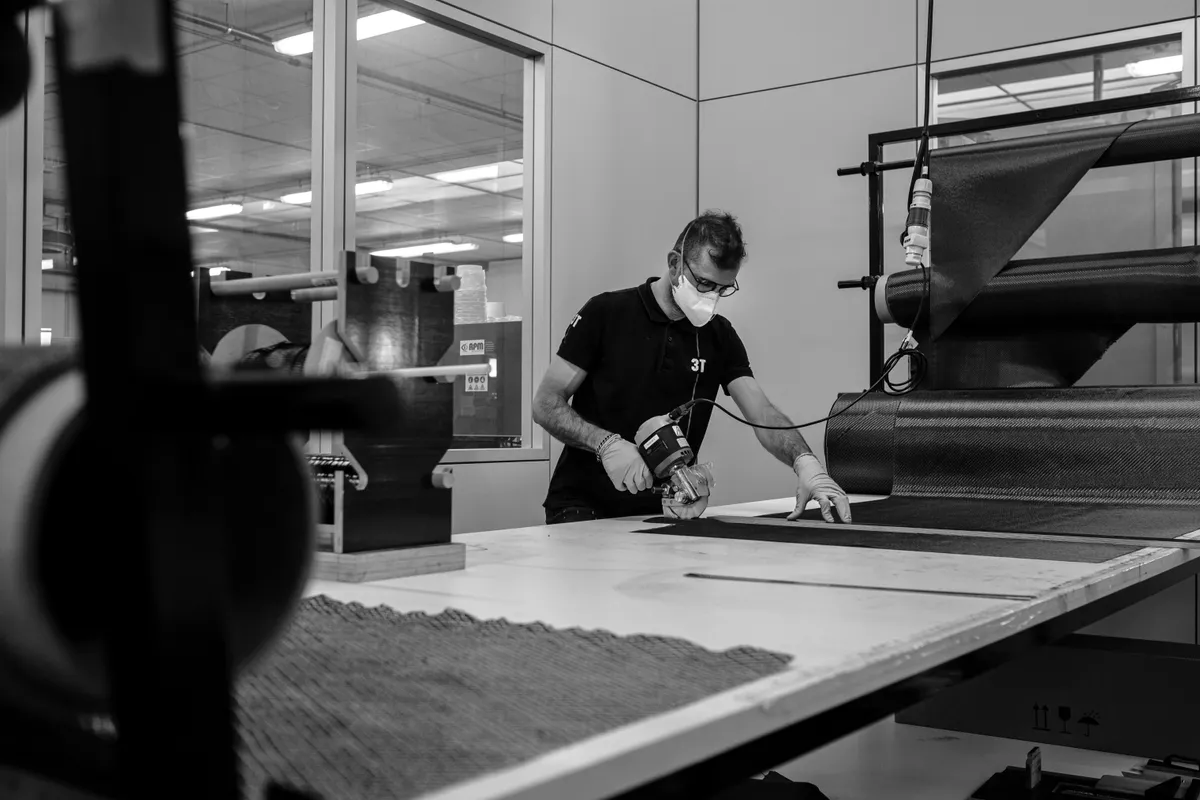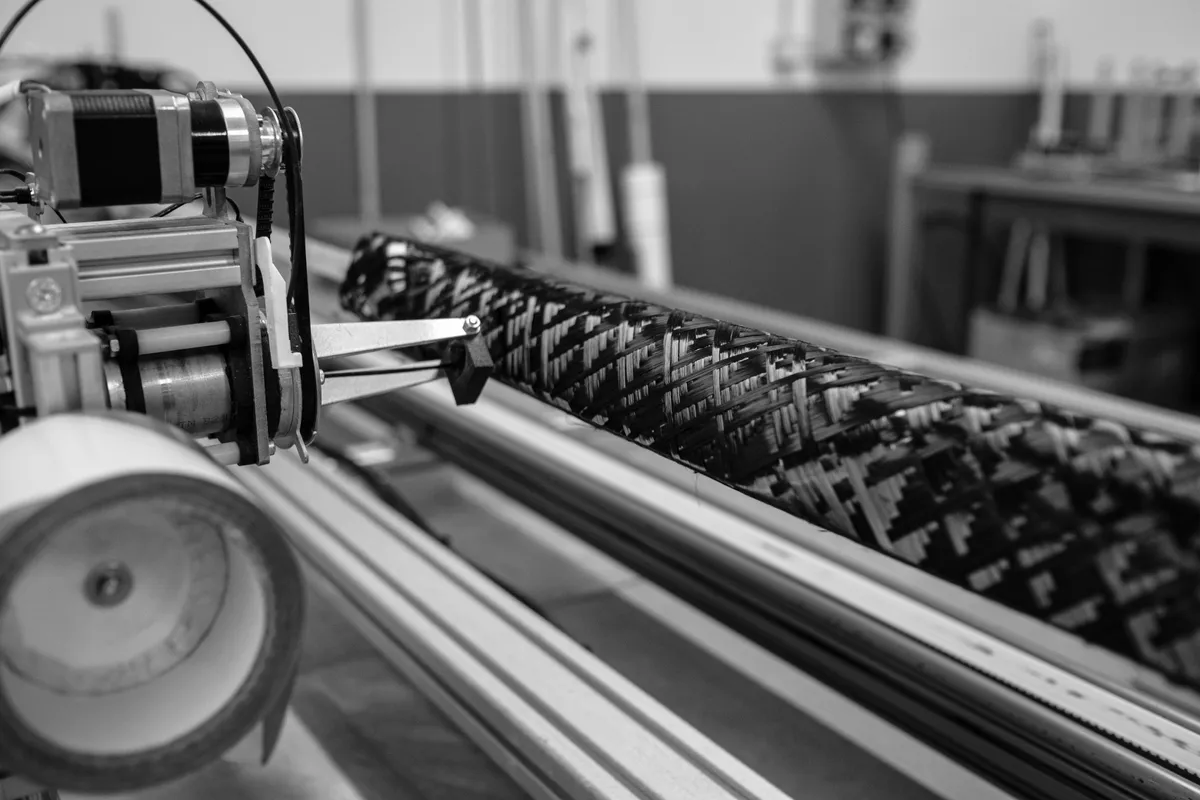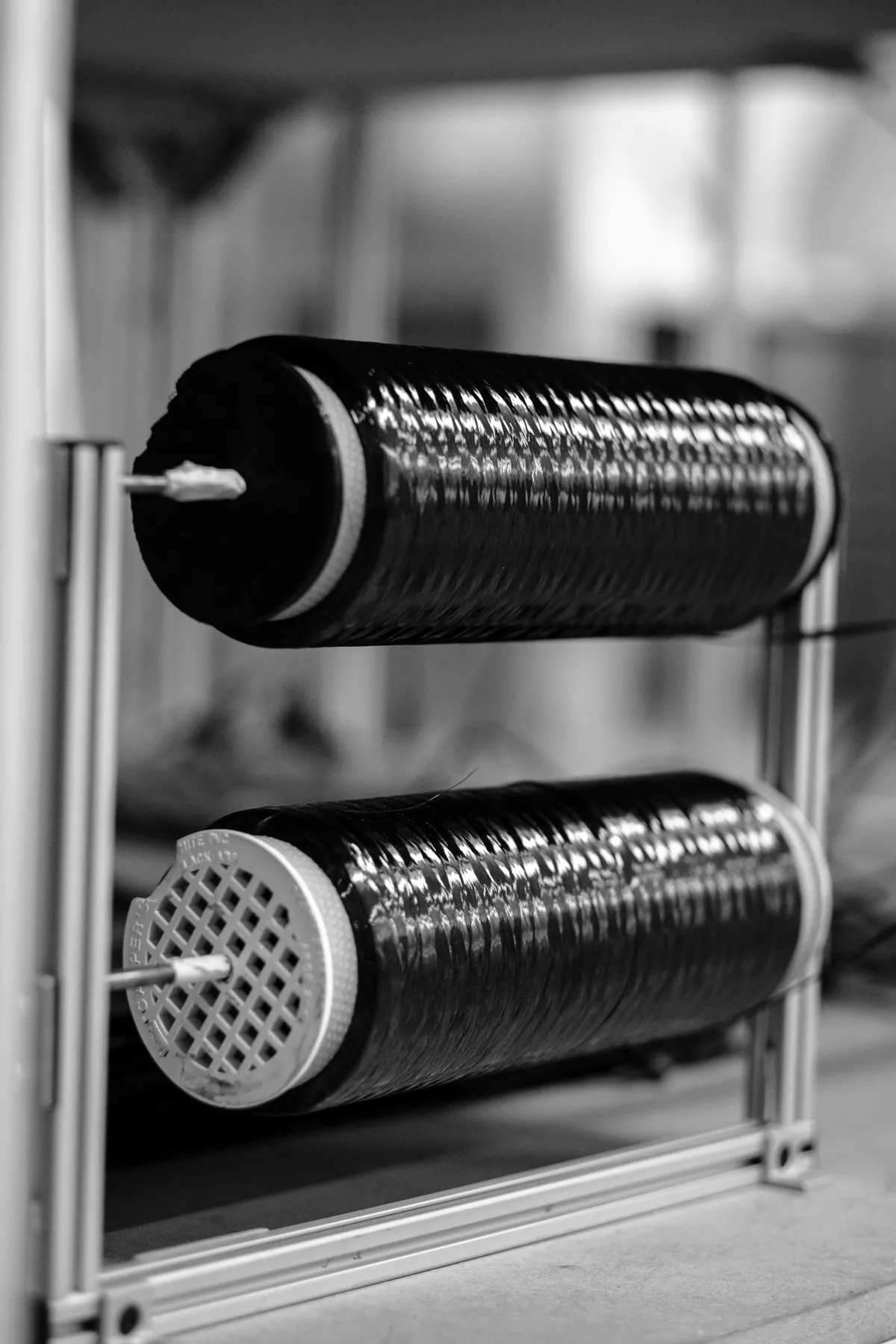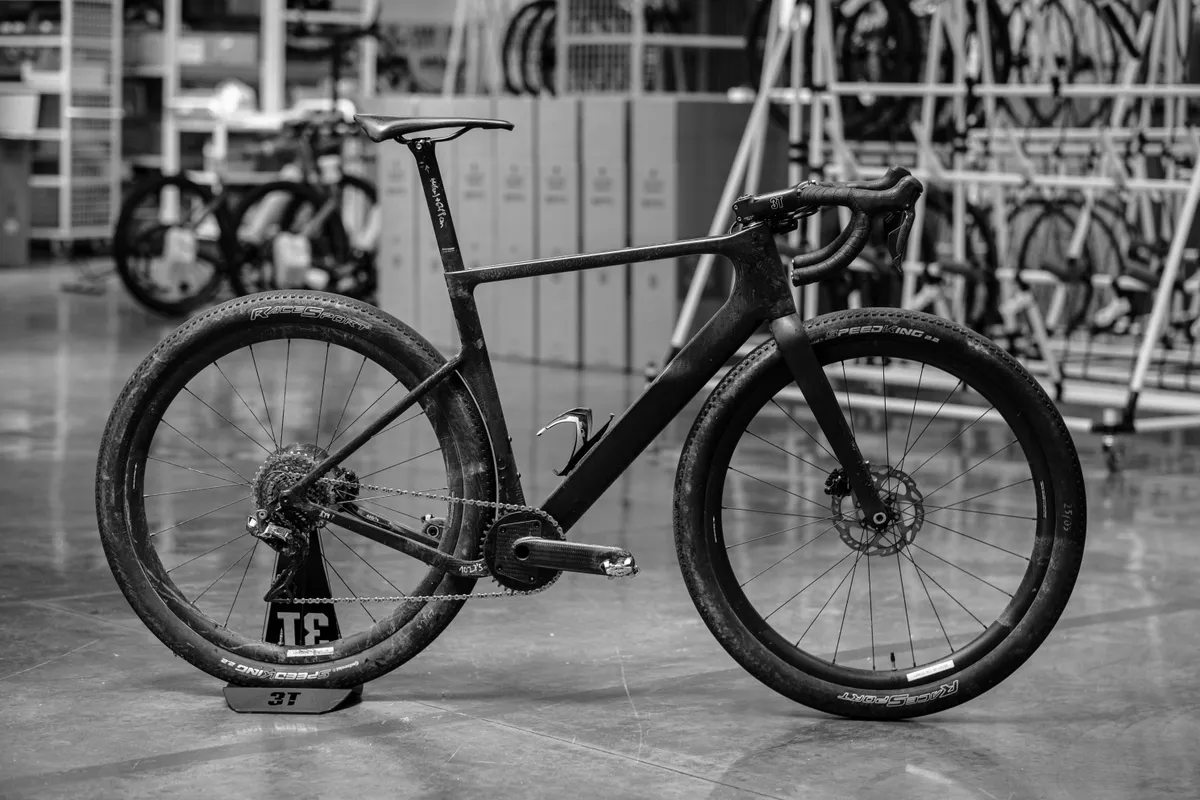Italian bike brand 3T is making frames in-house in Italy for the first time, it has announced.
Stating that “frame building is coming home” (a chart-topper if ever we’ve heard one), founder Gerard Vroomen says 3T has been planning to open its own factory in Italy as far back as 2015, and that that dream is now a reality.
To mark the occasion, the first run from the new facility will be a limited-edition Exploro RaceMax Italia gravel bike frameset, priced at $5,999 / €5,999 / £5,499.
Romantic and practical reasoning

In a long blog post on 3T’s website, Vroomen explains the thinking behind the move, citing both romantic and practical reasons.
On the emotional front, 3T was founded on Italian production back in 1961, so this provides a kind of continuity. It also allows 3T to take full control of the production process, and to be more flexible and provide shorter lead times on production runs.
To prove the concept, it was deemed necessary to begin with the very top of the range, the top-spec Exploro gravel bike.
Like most carbon bikes, current 3T models are manufactured in Asia using carbon sheets pre-impregnated with resin (‘pre-preg’), which are laid up and baked in moulds.

Rather than simply reproduce this approach in Italy, 3T has opted for filament wound carbon, a process that involves spinning carbon yarn onto cores to form shapes.
This has the potential to offer great control over production, and it’s an approach we’ve seen other brands experiment with, for example, Hunt with its carbon wheels and Giant with the latest generation TCR.
3T has apparently built its own filament winding machines, and these use dry carbon fibres rather than pre-preg.

Vroomen explains that while pre-preg carbon needs to be placed in a cold mould to prevent early activation of the resin, before being heated, dry fibres can be placed directly in a hot mould, into which resin is then injected.
Avoiding this cycle of heating and cooling saves both time and energy, and a further benefit of dry fibres is the great choice of fibre grades available from suppliers, so there’s more potential for 3T to tune its lay-ups to suit the requirements of specific designs.
3T says frames and components made this way require little or no finishing out of the mould.
In fact, the 3T Torno crank released in 2018 was a proof-of-concept for the resin injection technique, although this was pre-moulded rather than filament wound.
3T Exploro RaceMax Italia Founders Edition

Bikes were always the end goal, and 3T says it began development of the in-house Exploro in 2019, aiming to make a frameset lighter than the standard Exploro RaceMax, but just as stiff and strong.
One hundred Exploro RaceMax Italias will be made, with production beginning this month. While frameset number one is going in 3T’s museum, the other 99 will be available to buy if you’ve got very deep pockets.
The frameset includes a seatpost, an engraved metal limited-edition plaque, custom “see-through” paint options, the customer’s name under the clearcoat, and a choice of a 1× plus 2× frame, or one that’s 1×-only.
